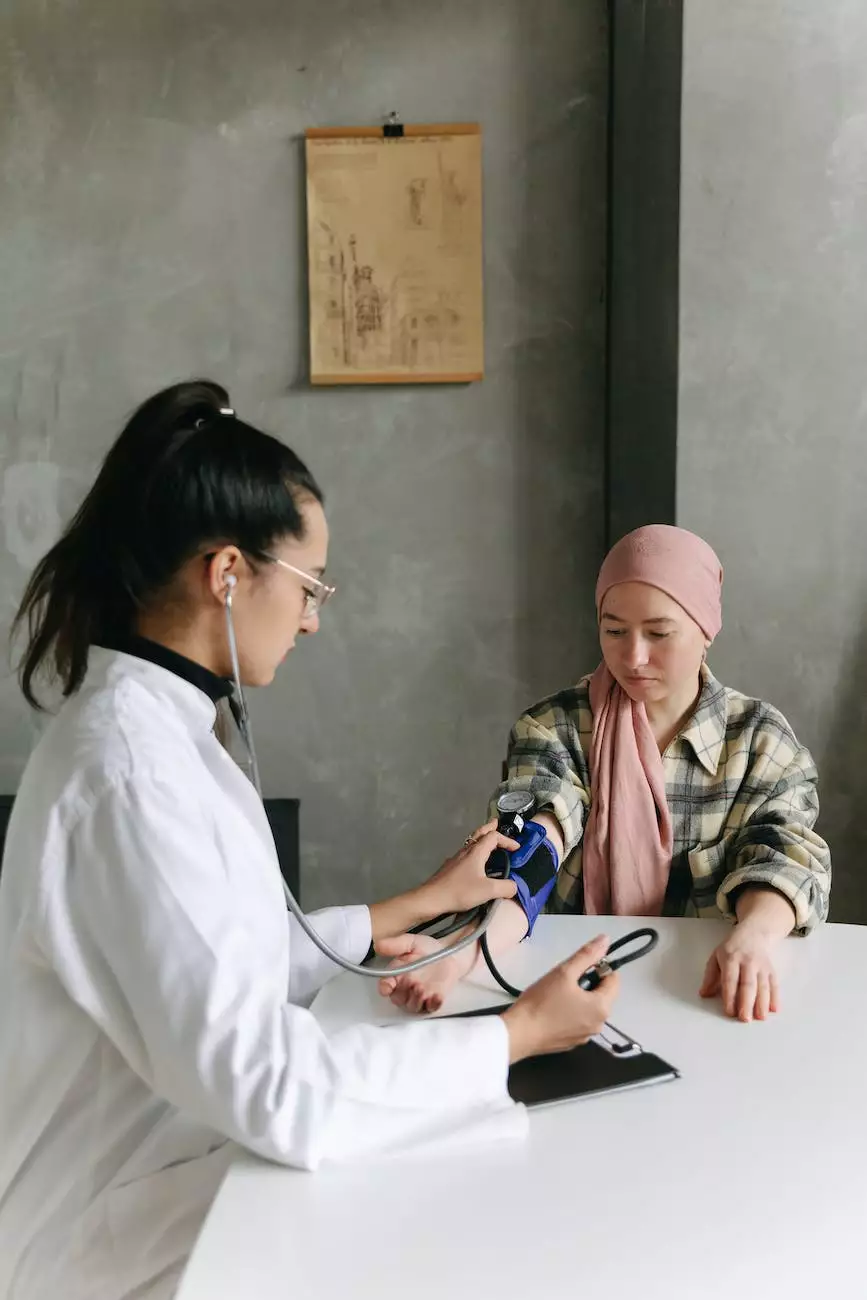Colon Cancer Awareness & Prevention Month
Blog
Overview
Welcome to Richard Martinez, MD, your trusted source for comprehensive healthcare information. In recognition of Colon Cancer Awareness & Prevention Month, we are dedicated to spreading awareness about the importance of early detection, prevention strategies, and available treatments for colon cancer.
Understanding Colon Cancer
Colon cancer, also known as colorectal cancer, is a type of cancer that begins in the colon or rectum. It is the third most common cancer diagnosed in both men and women in the United States. Our team of experts at Richard Martinez, MD believes that knowledge is power when it comes to preventing and fighting this disease.
Prevention Strategies
Preventing colon cancer starts with adopting a healthy lifestyle and taking proactive steps in managing your overall health. Here are some effective prevention strategies:
- Eat a Healthy Diet: Include plenty of fruits, vegetables, whole grains, and lean proteins in your diet. Limit your intake of processed foods and red meat.
- Exercise Regularly: Engage in moderate-intensity physical activity for at least 150 minutes per week. This can include brisk walking, cycling, or swimming.
- Maintain a Healthy Weight: Aim for a body mass index (BMI) within the normal range (18.5-24.9).
- Avoid Tobacco and Limit Alcohol Consumption: Quit smoking if you are a smoker and limit alcohol intake to moderate levels.
- Get Screened: Regular screenings are crucial for early detection and prevention of colon cancer. Consult with your healthcare provider to determine the appropriate screening schedule for you.
Treatment Options
When it comes to treating colon cancer, early detection plays a vital role in successful outcomes. At Richard Martinez, MD, our skilled medical team utilizes state-of-the-art diagnostic tools and treatment options to provide personalized care tailored to each patient's unique needs. Treatment options may include:
- Surgery: Surgery is often the primary treatment for colon cancer. The goal is to remove the cancerous tumor and any affected surrounding tissues.
- Chemotherapy: Chemotherapy uses drugs to destroy cancer cells. It may be used before surgery to shrink the tumor, after surgery to kill remaining cancer cells, or in advanced cases to relieve symptoms and slow the progression of the disease.
- Radiation Therapy: Radiation therapy uses high-energy radiation to target and destroy cancer cells. It may be used before or after surgery, or in combination with chemotherapy.
- Targeted Therapy: Targeted therapy medications work by targeting specific genetic mutations or proteins in cancer cells, disrupting their growth and survival.
- Immunotherapy: Immunotherapy uses the body's immune system to fight cancer cells. It can boost the immune response to help control or eliminate cancer.
Importance of Early Detection
Early detection of colon cancer significantly improves the chances of successful treatment and increases survival rates. It is essential to be aware of common signs and symptoms of colon cancer, including:
- Rectal bleeding or blood in the stool
- Changes in bowel habits, such as persistent diarrhea or constipation
- Abdominal pain or discomfort
- Unexplained weight loss
- Fatigue or weakness
- Feeling that your bowel does not empty completely
If you experience any of these symptoms, it is important to consult with a healthcare professional promptly for further evaluation.
Conclusion
Colon Cancer Awareness & Prevention Month is an opportunity to educate ourselves and others about the importance of early detection, prevention strategies, and available treatments. At Richard Martinez, MD, we are committed to providing reliable information and expert care to help you in your journey towards a healthier life. Remember, knowledge is key in the fight against colon cancer.










